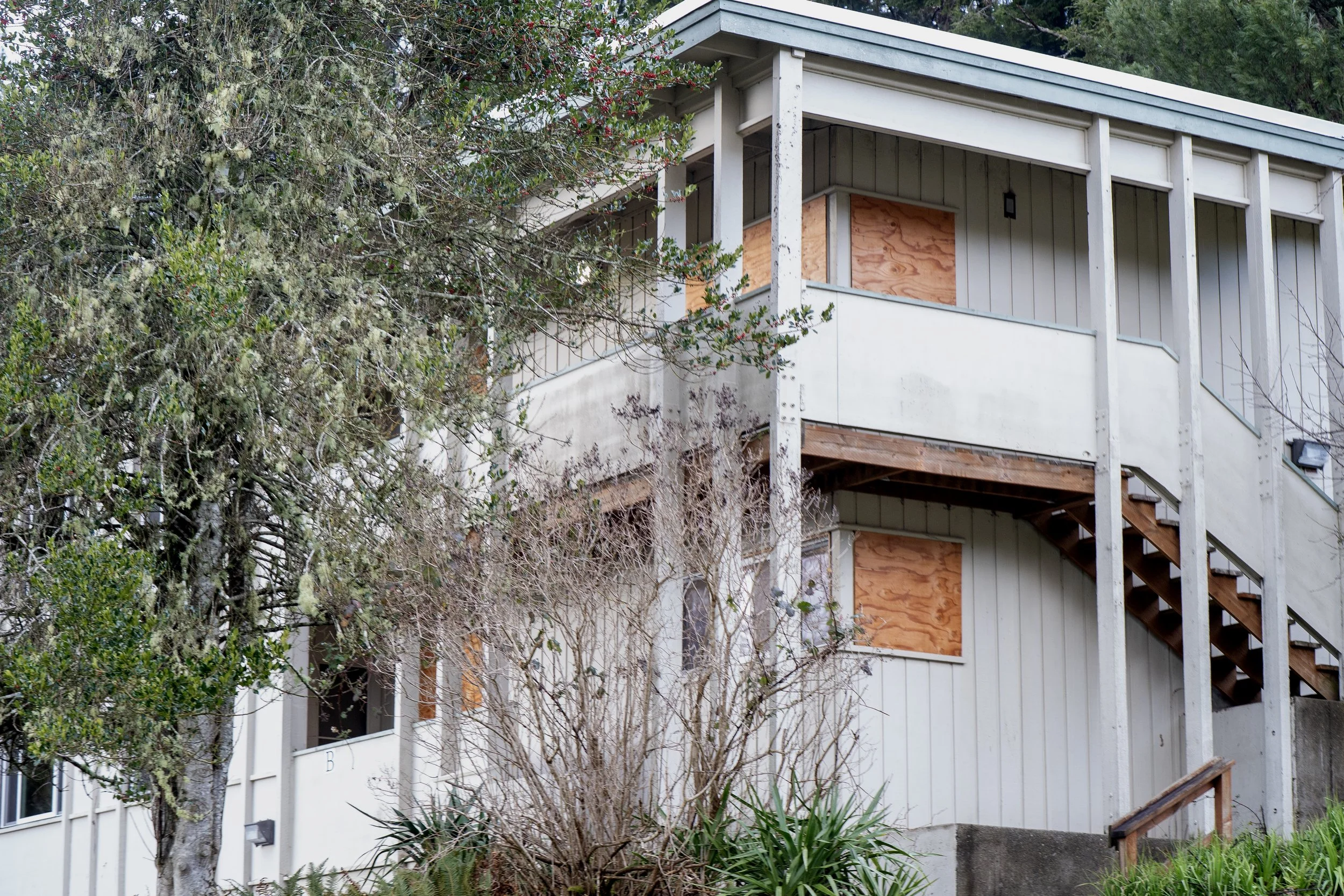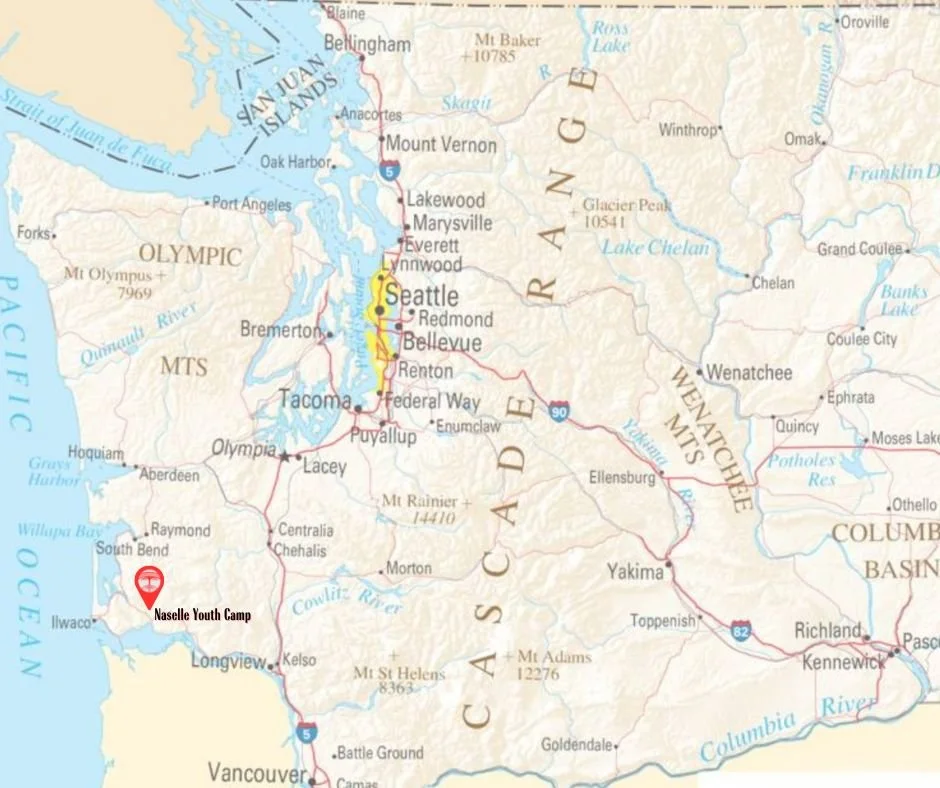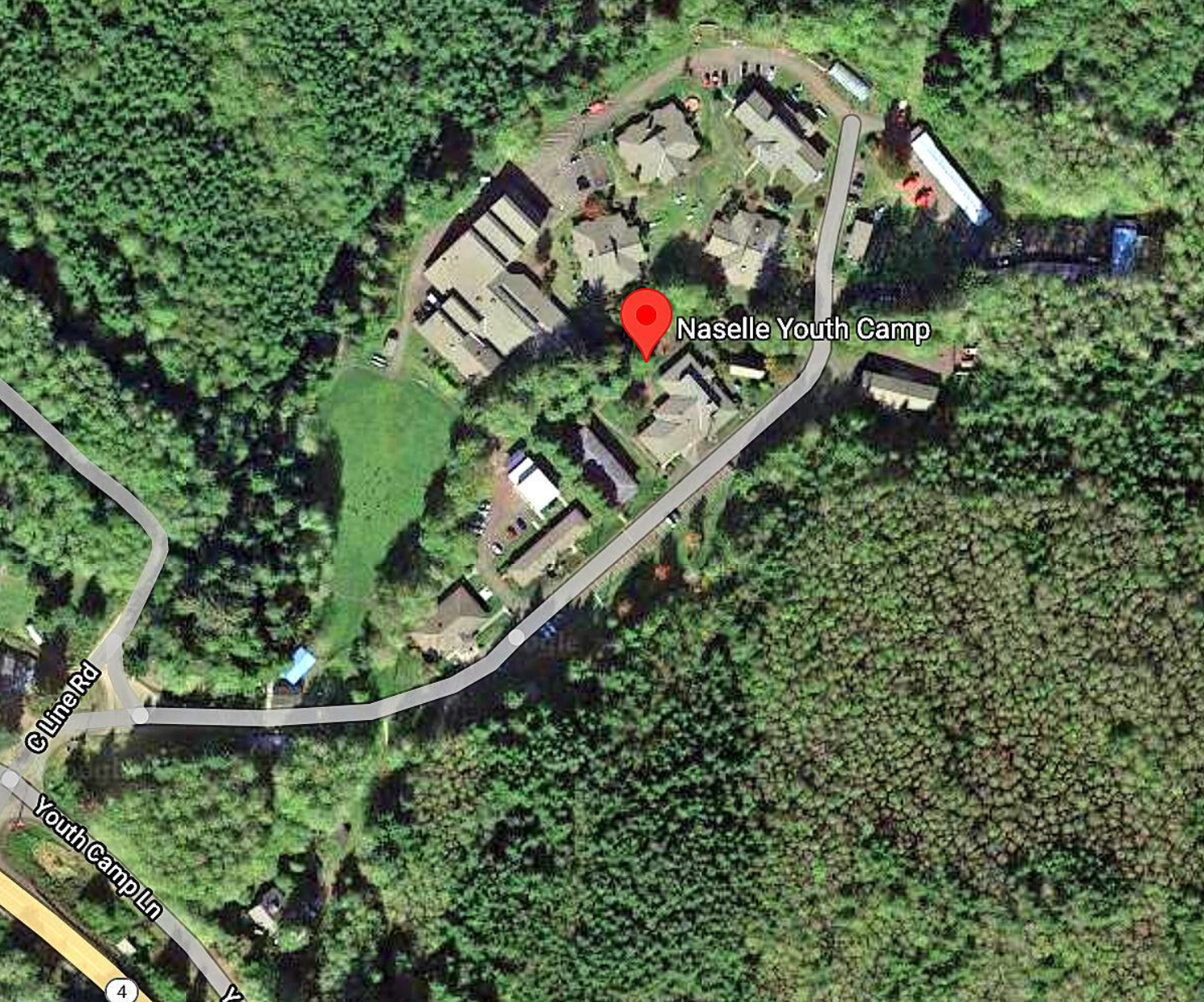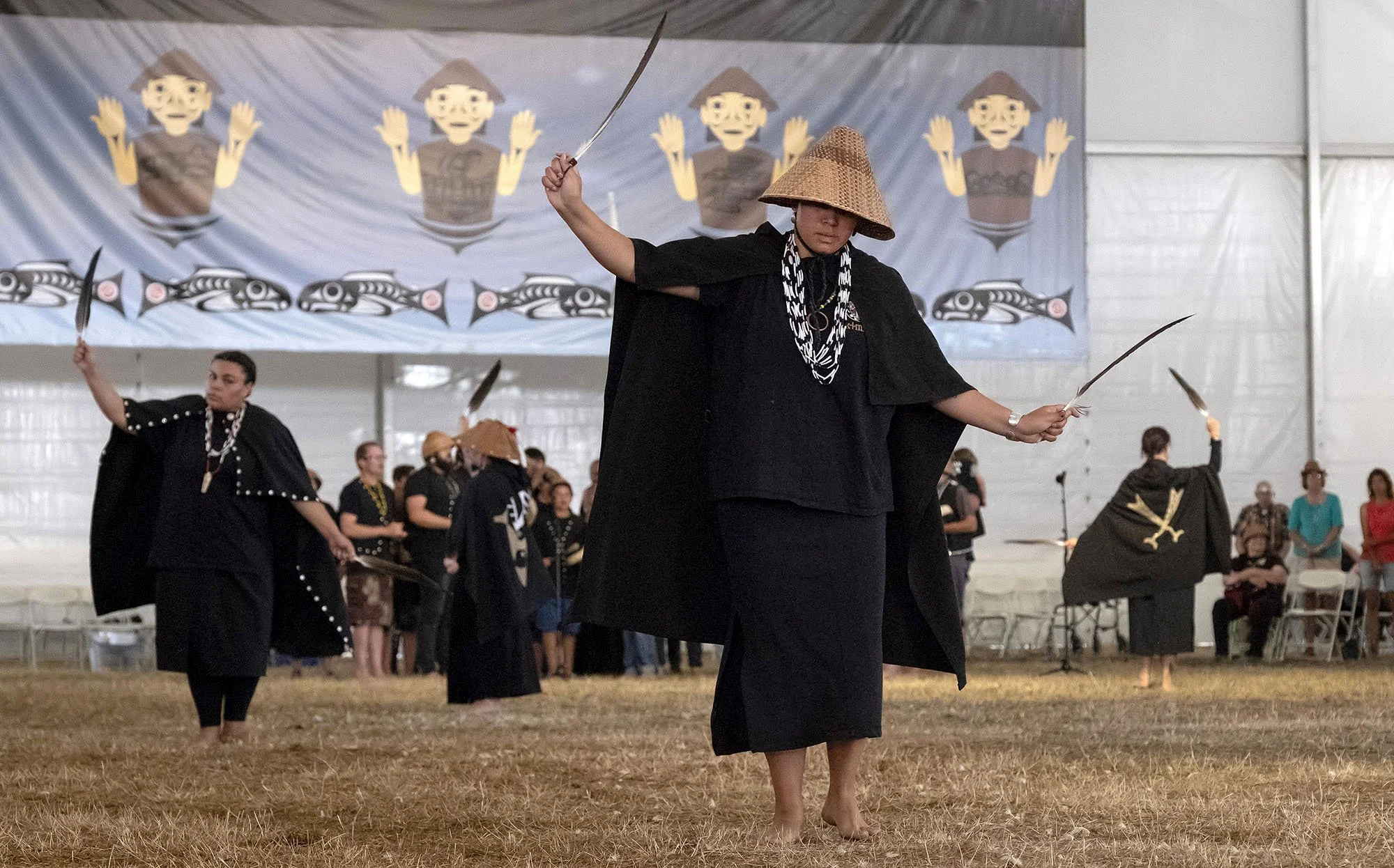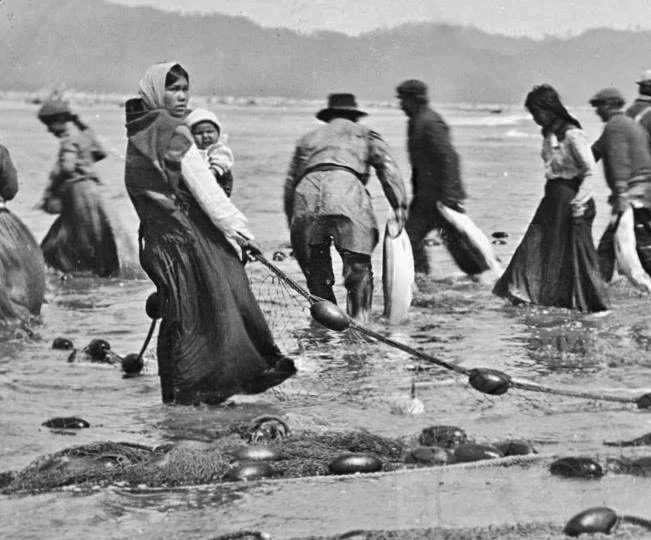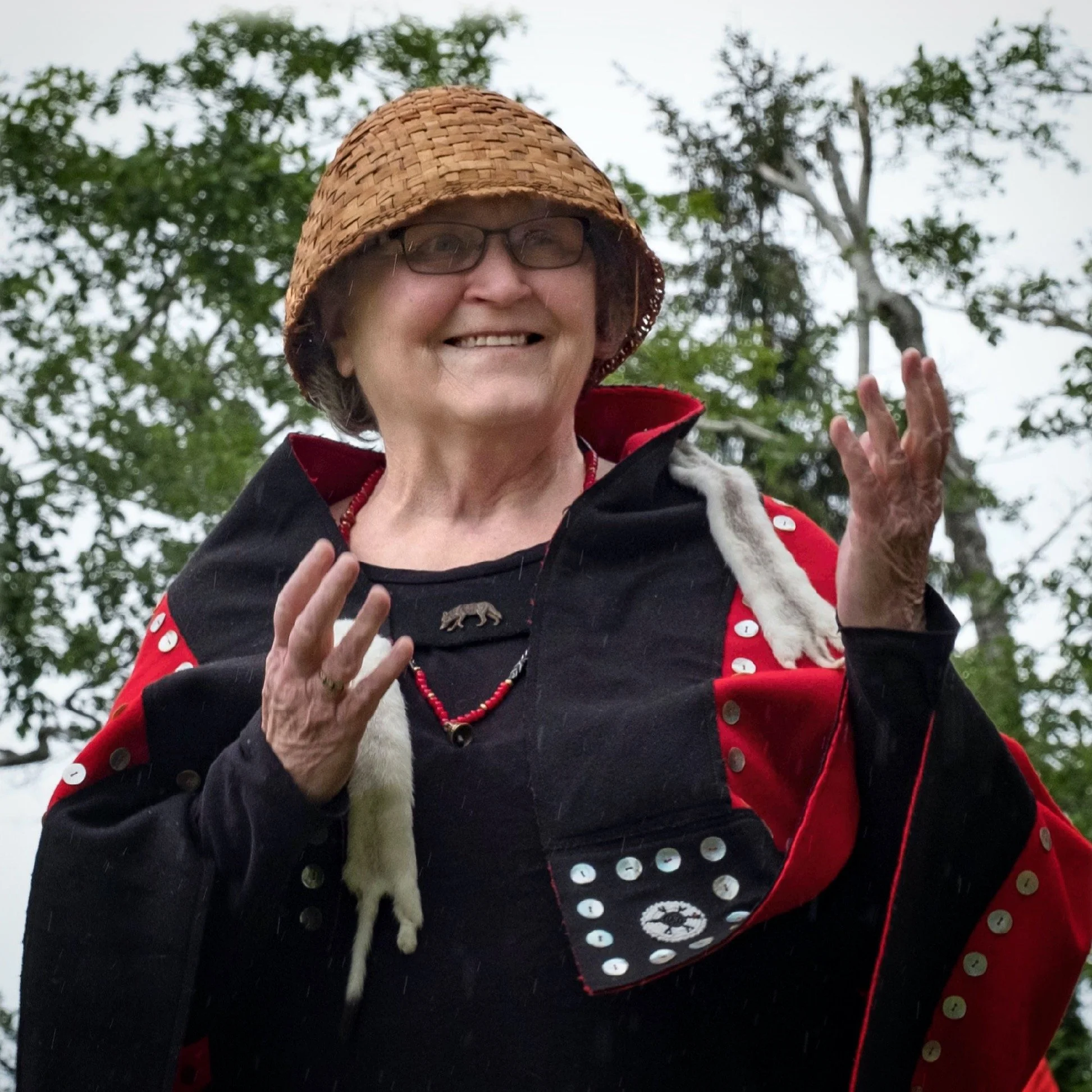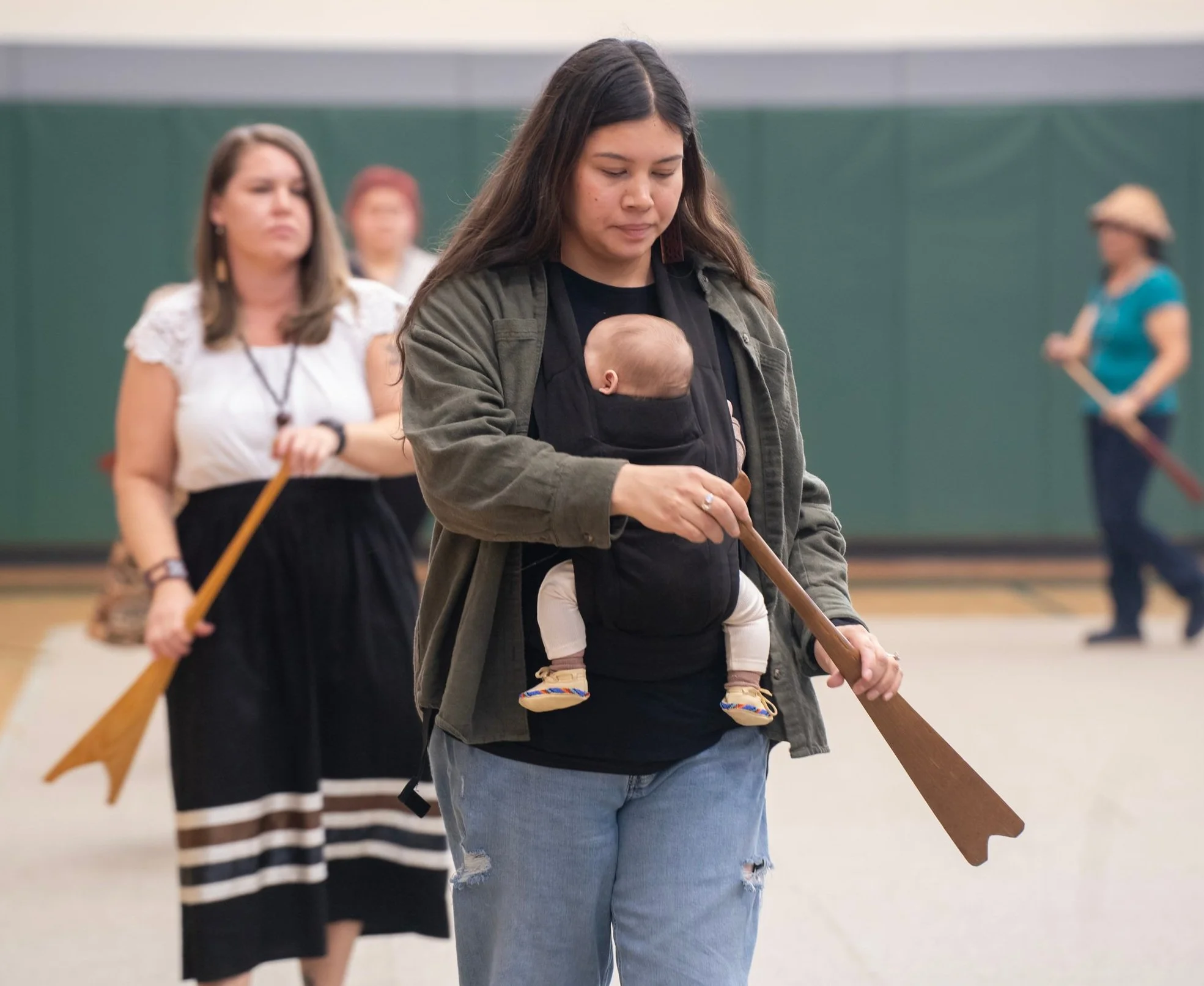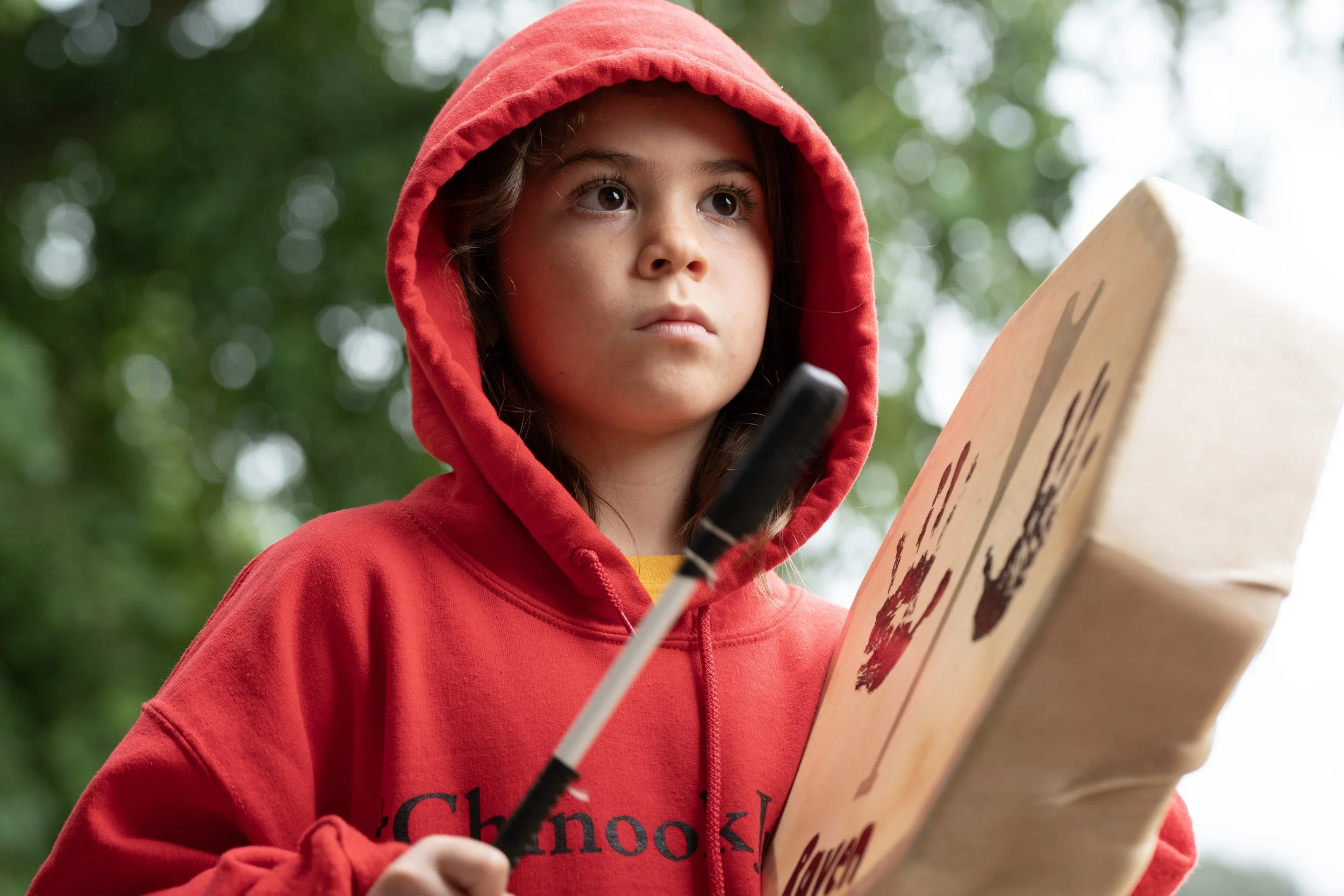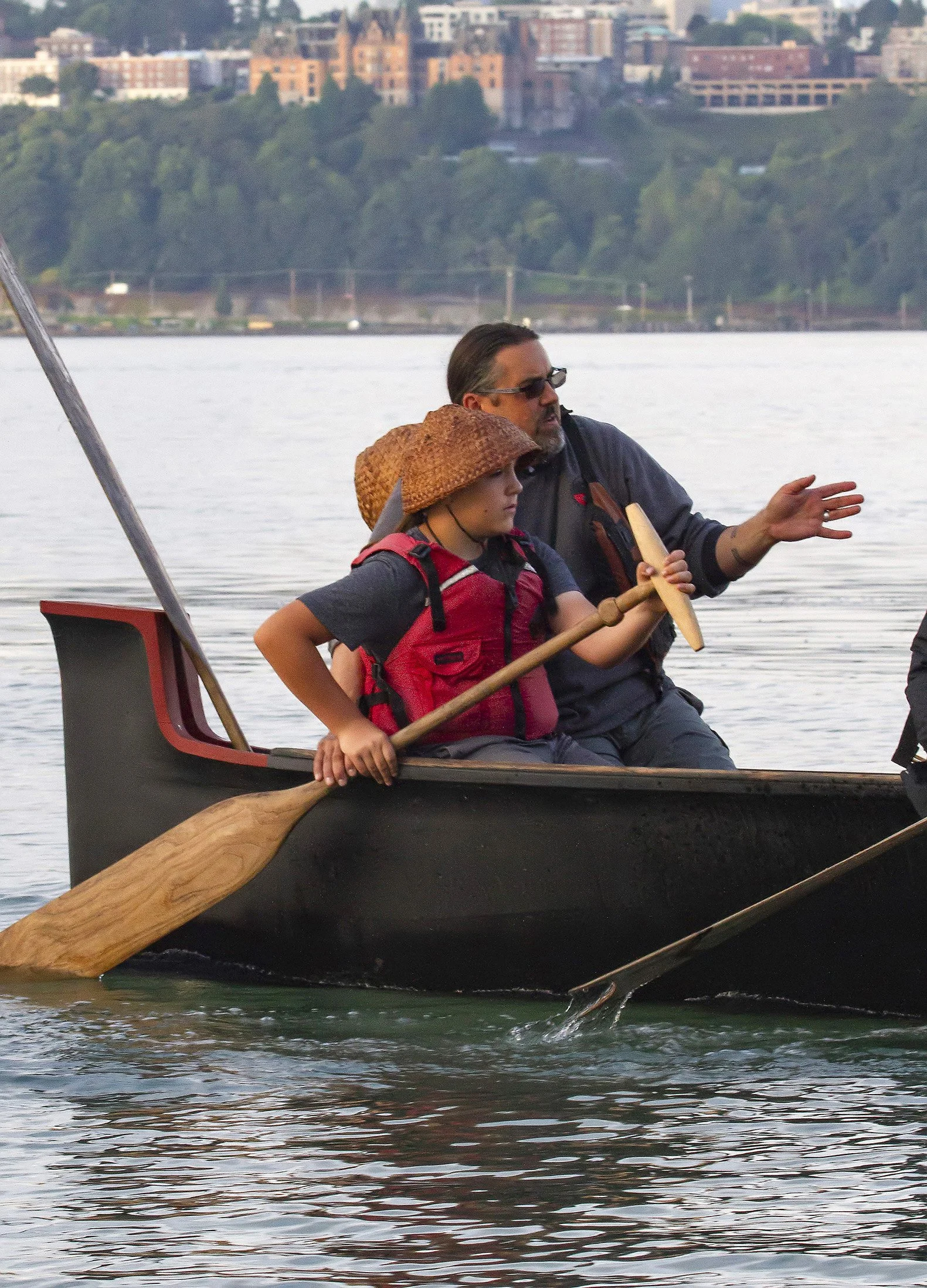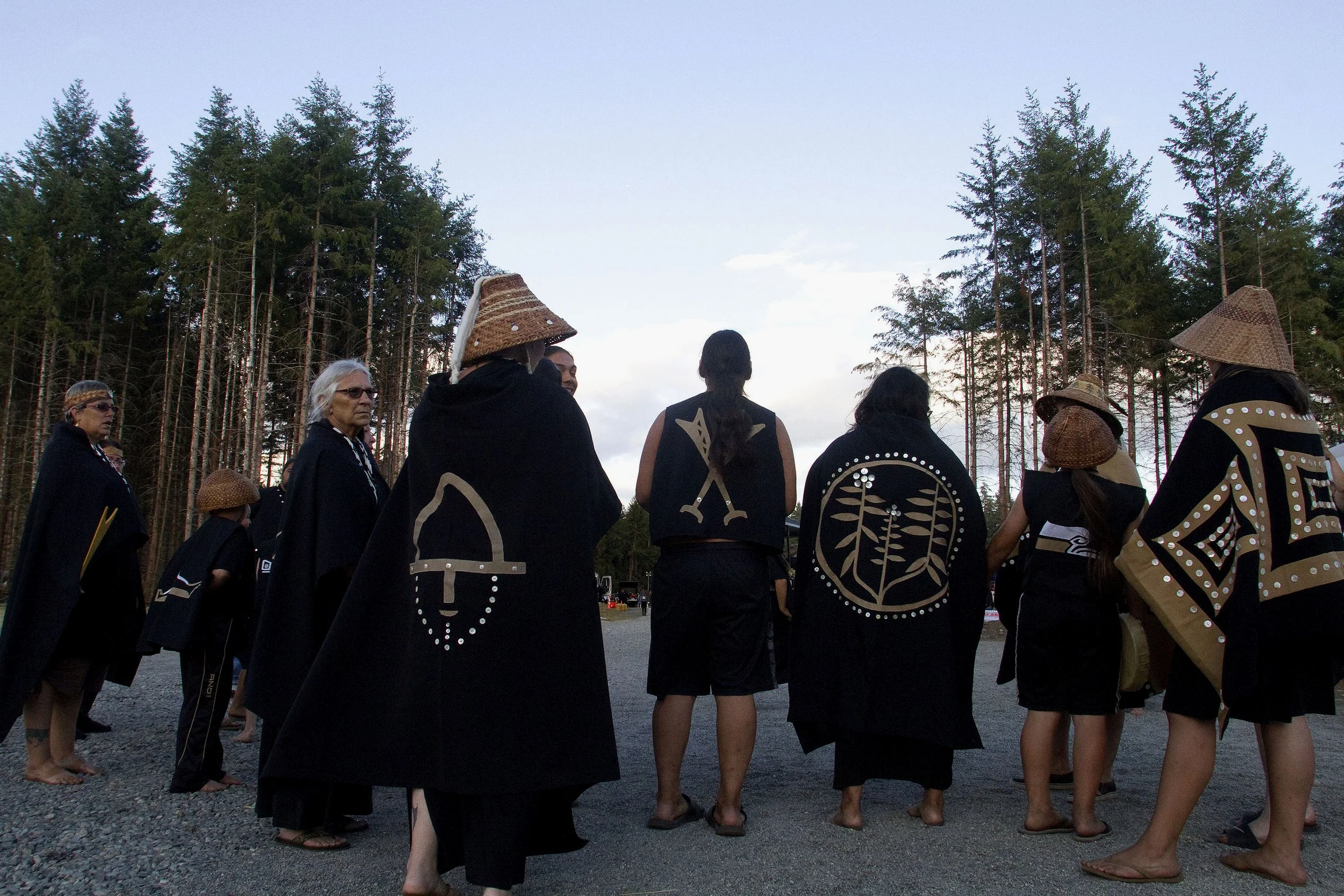
Restoring Our Homeland
Return the Naselle Youth Camp to the Chinook Indian Nation
Support SB 5247 to return ancestral land, protect living culture, and secure a safer future for the Chinook Indian Nation
Why This Moment Is Critical
The Naselle Youth Camp is sitting vacant. Every year it remains unused, the buildings deteriorate, public investment is lost, and the opportunity to put this land to work for the community grows smaller.
The Task Force warned that vandalism, decay, and rising maintenance costs are already threats to the site. The longer the state delays action, the harder and more expensive it becomes to restore.
When public land remains unused, competing proposals inevitably emerge. Delay creates uncertainty and increases the risk that decisions will be made without community consensus or long term vision.
SB 5247 must be heard this legislative session. This is the window to act before the property falls further into disrepair and before a rare opportunity for justice and community benefit is lost.
What is at Stake for the Chinook Indian Nation & Washington State
SB 5247 is not only about returning land. It is about honoring the Chinook Indian Nation’s history, strengthening the future of their community, and protecting living culture.
The return of the Naselle Youth Camp creates a rare opportunity to address historical injustice while supporting long term economic growth in Southwest Washington. This is one of the few moments when justice, economic development, and public interest align.
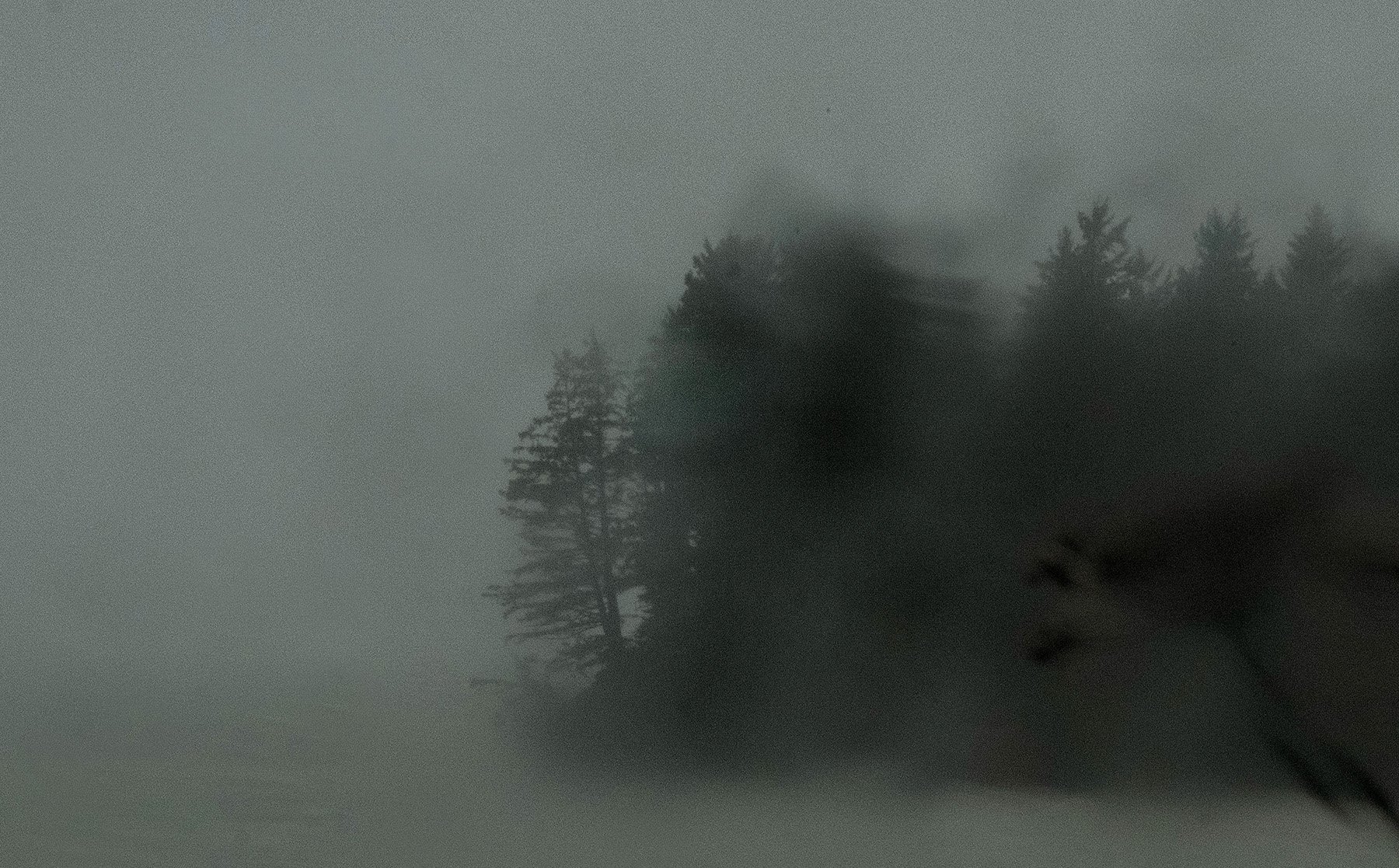
Safety, Sovereignty, and Survival
The Chinook Indian Nation is the original steward of the lands where the Columbia River meets the Pacific Ocean, including the Naselle Youth Camp. Returning this land is not symbolic. It is essential for the Tribe’s safety and long term survival.
The Nation’s current headquarters sit on an island in Willapa Bay, where rising sea levels and the threat of a megaquake and tsunami place the community at increasing risk. Relocation is not optional. It is necessary.
The Naselle Youth Camp Task Force, made up of local leaders, state officials, and tribal representatives, recommended transferring the site to the Chinook Indian Nation. This reflects strong regional agreement and shows that the proposal is practical, responsible, and ready to move forward.
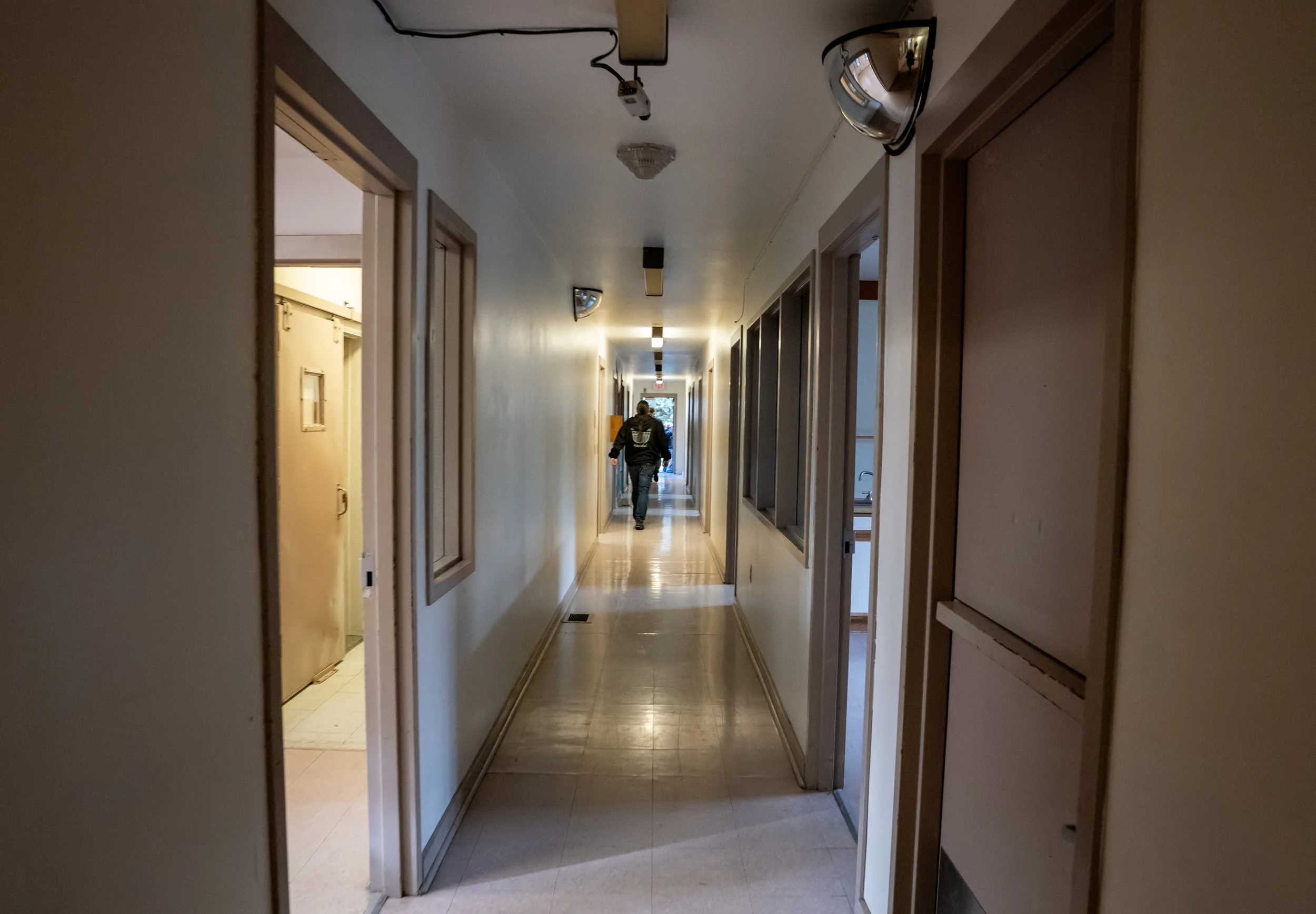
A Proven Community Solution
A Proven Community Solution
The Task Force evaluated dozens of possible future uses for the site. After months of analysis and public input, members concluded that returning the land to the Chinook Indian Nation best serves the region’s long term interests.
The Task Force included local leaders, state agencies, and tribal representatives, including leadership from neighboring Tribes. After extensive review, the group recommended transferring the site to the Chinook Indian Nation.
They found this option:
• Honors tribal history and connection to the land
• Creates sustainable economic activity
• Respects the surrounding environment
• Ensures year round use of existing infrastructure
This is not an abstract proposal. It is a vetted plan developed through regional collaboration and supported across local, tribal, and state leadership.
A Win for Everyone: Economic, Cultural, and Environmental Benefits
This bill has broad bipartisan support, with leaders across the region working together to ensure the Naselle Youth Camp becomes a center for renewal and opportunity.
Returning this land allows the Chinook Indian Nation to expand cultural programs, create jobs, and build partnerships that benefit the entire region. The site can support eco tourism, cultural tourism, education, and community collaboration, helping Southwest Washington thrive for generations to come.
Justice and economic development move forward together.

Support SB 5247: Take Action Now!
The time to act is now. SB 5247 cannot wait another session. Every month of delay increases deterioration, cost, and risk to this historic site.
Supporting SB 5247 helps return the Naselle Youth Camp to the Chinook Indian Nation and advances tribal sovereignty, community safety, and regional well being.
Contact Your Legislators: Urge your legislators to support SB 5247 and ensure it is heard this session.
Spread the Word : Public support matters. The more people speak out, the harder this is to ignore.
Support SB 5247
⋆
Support SB 5247 ⋆
Common Questions
-
The Chinook Indian Nation has a continuous political and cultural presence in the region and was federally recognized in 2001 before that recognition was reversed in 2002 due to administrative and political errors.
The denial of federal recognition is not a reflection of the Tribe’s legitimacy. The Chinook Nation’s historical existence, governance, and land ownership are well documented in federal records, court decisions, and treaties.
The Tribe continues to pursue the restoration of federal recognition while maintaining active government, cultural, and community programs.
-
Federal recognition is not required for the State of Washington to transfer land to the Chinook Indian Nation. The state has full legal authority to convey property to non federally recognized tribes and other entities.
The Chinook Indian Nation is a historic tribal government with well documented ancestral ties to the Naselle region. Federal agencies and federal courts have affirmed the Chinook Nation’s historical land title in southwest Washington and northwest Oregon.
By supporting SB 5247, Washington has the opportunity to correct a historical injustice and strengthen relationships with a Tribe whose connection to this land is indisputable.
-
The Chinook Indian Nation plans to use the site to revitalize language, arts, and cultural education. The Tribe will apply traditional ecological knowledge to restore and protect the land, including fisheries and forests central to Chinook identity.
The Nation also envisions economic opportunities such as eco tourism, cultural tourism, and youth programs that benefit both tribal and non tribal communities. The land will serve cultural renewal and long term safety for the Chinook people.
-
The Naselle Youth Camp Task Force, made up of local leaders, state officials, and tribal representatives, unanimously supported the transfer. This reflects strong local and regional backing.
The Chinook Indian Nation is committed to working closely with community members and partners to ensure shared benefits, including economic development, cultural enrichment, and environmental stewardship.
-
The Tribe’s current headquarters are located on an island in Willapa Bay, where sea level rise and tsunami risk threaten the community. Relocating to the Naselle Youth Camp provides a safer and more stable location essential to the Nation’s long term survival.
-
SB 5247 advances Washington’s commitment to repairing historical harm and strengthening tribal state relations. Returning the Naselle Youth Camp is a concrete step toward reconciliation, cooperative governance, and shared prosperity.

SB 5247 would return the Naselle Youth Camp to the Chinook Indian Nation.
The Naselle Youth Camp Task Force unanimously recommended this action, demonstrating broad regional and bipartisan support.
The bill reflects years of local, tribal, and state collaboration and is ready to move forward.

